To strengthen collaboration in applied economics between Shenzhen MSU-BIT University, Moscow State University, and Beijing Institute of Technology, and to promote cultural exchange between China and Russia, the Economics Department of our university, in cooperation with the Economics Department of Moscow State University and the School of Management and Economics of Beijing Institute of Technology, successfully hosted the Shenzhen MSU-MSU-BIT Youth Scholars Forum on "International Economic Cooperation and Innovation in the New Global Landscape" from November 6th to 7th, 2023. This forum was part of the second Knowledge Science and Culture Festival at Shenzhen MSU-BIT University, aimed at discussing the challenges posed by new global dynamics to economic globalization and international economic cooperation, and sharing research findings that promote economic globalization and sustainable development.
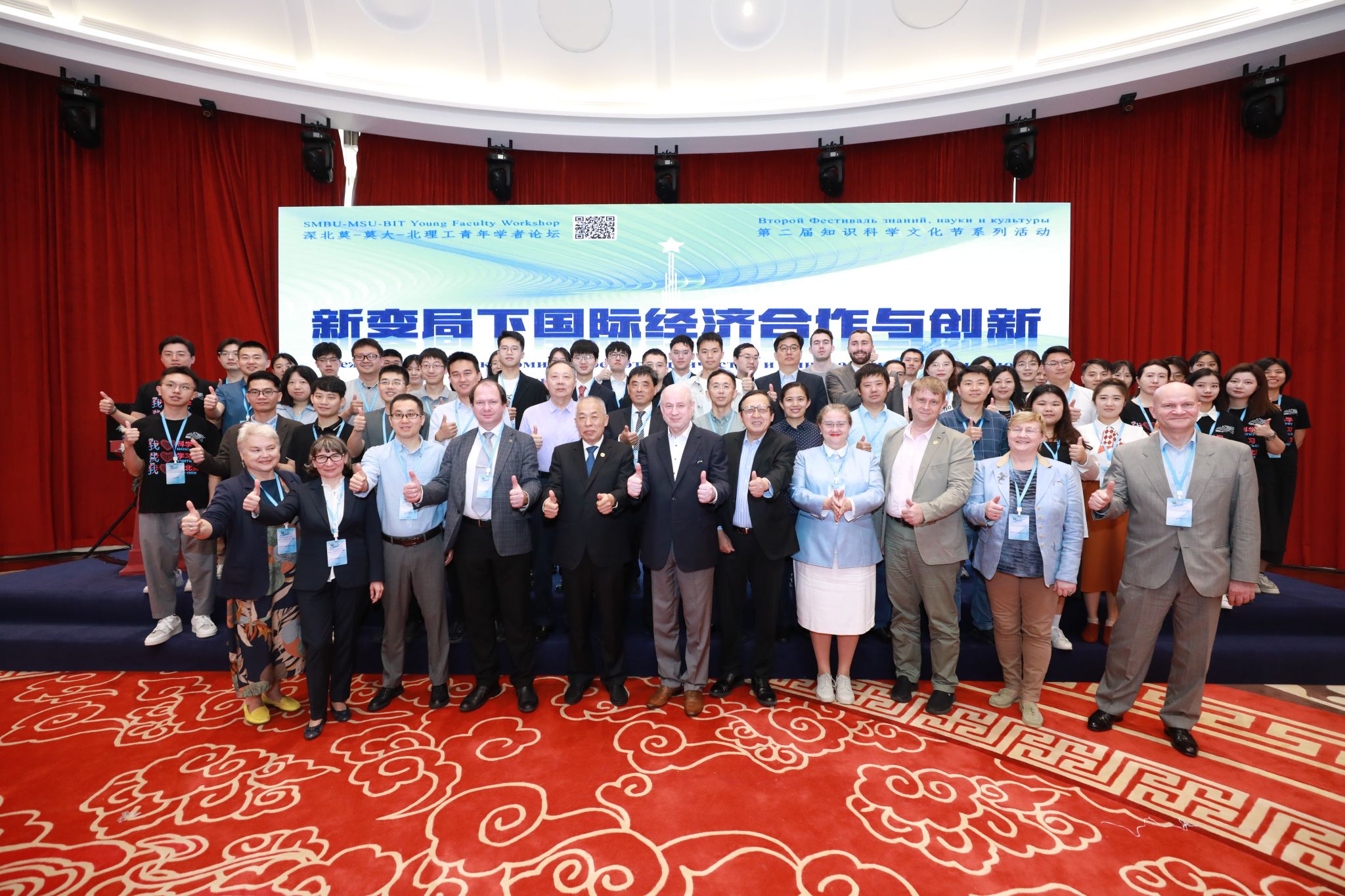
The forum was attended by experts and scholars from the Economics Department of Moscow State University, the School of Management and Economics of Beijing Institute of Technology, the Hong Kong Polytechnic University, the University of Nottingham Ningbo China, and other institutions, along with some of our university’s graduate and undergraduate students. The forum was chaired by Professor Meng Fanchen, the Chinese Director of our Economics Department. The opening and closing ceremonies were attended by our university’s President Professor Li Hezhang, Academician of the Russian Academy of Sciences and Professor of Economics at Moscow State University Alexander Afanasyev, and First Vice-Rector of Moscow State University Professor Andrey Ivanchenko, who also delivered speeches at the opening ceremony.
In his speech, President Li Hezhang congratulated the successful convening of the forum, warmly welcomed and thanked the experts and scholars from China and Russia, and introduced the achievements of Shenzhen MSU-BIT University in areas such as discipline construction, talent cultivation, and scientific research since its establishment. He also highlighted the efforts of our Economics Department in digital economy research, economic cooperation with countries along the Belt and Road Initiative, and economic development in the Guangdong-Hong Kong-Macao Greater Bay Area. He expressed gratitude to the Economics Department of Moscow State University and the School of Management and Economics of Beijing Institute of Technology for their long-standing support of our Economics Department and wished the forum a great success.
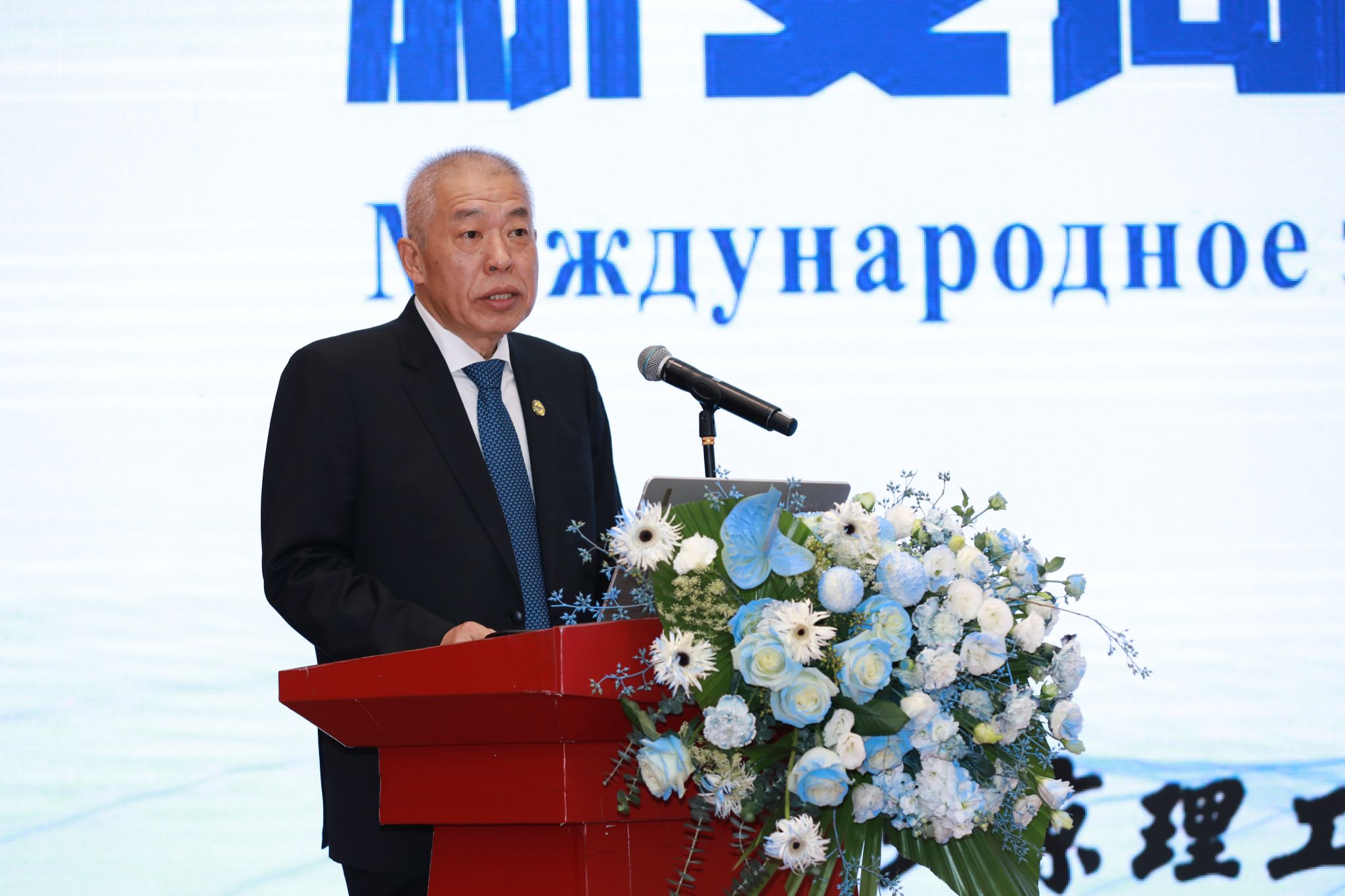
Academician Afanasyev, in his speech, thanked the Economics Department of Shenzhen MSU-BIT University for its efforts in organizing the forum and congratulated the department on its achievements in discipline construction, talent cultivation, and scientific research. He emphasized the importance of strengthening international exchange and cooperation in the face of challenges and issues posed by current geopolitical conflicts and trade protectionism to economic globalization, and welcomed the collaboration between our Economics Department and Moscow State University’s Economics Department.
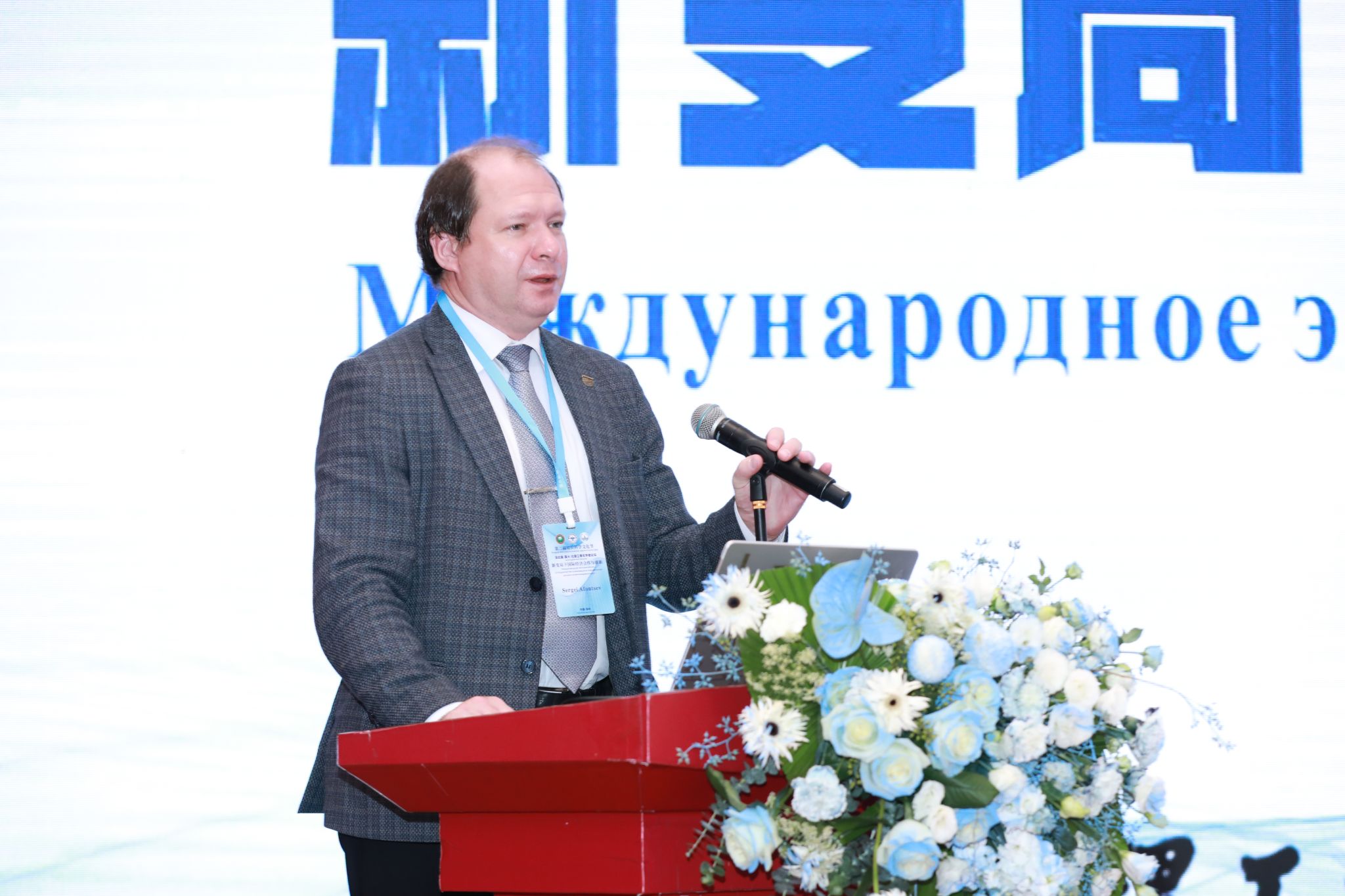
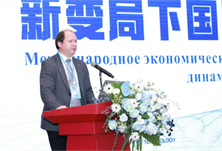
First Vice-Rector Ivanchenko, in his remarks, provided an overview of the second Knowledge Science and Culture Festival at Shenzhen MSU-BIT University and its achievements. He warmly congratulated the successful hosting of the Shenzhen MSU-MSU-BIT Youth Scholars Forum on "International Economic Cooperation and Innovation in the New Global Landscape" as part of the festival, and expressed his hopes for the forum to contribute to further educational cooperation between China and Russia.
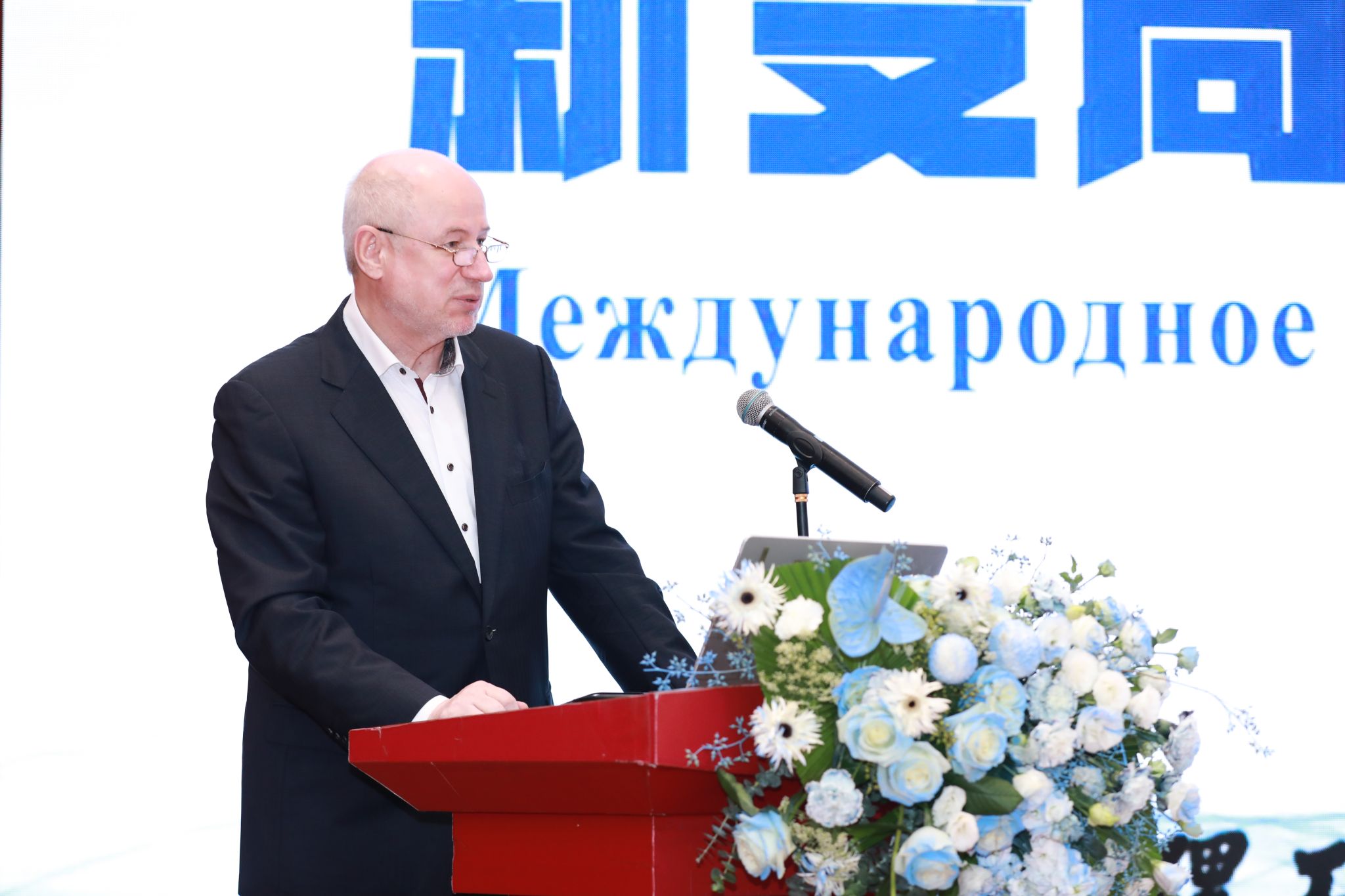
Keynote speeches were delivered by Professor Afanasyev, Academician of the Russian Academy of Sciences and Professor of Economics at Moscow State University, Professor Mu Rongping, Dean of the Institute of Innovation and Development at the University of Chinese Academy of Sciences, and Professor Irina Kalabikhina, Director of Demography at Moscow State University’s Economics Department. Professor Afanasyev presented on "The New Economic Geography of Eurasian Trade," analyzing the impact of unilateralism and trade sanctions on the development of the world economy and trade. Professor Mu Rongping discussed "The Impact of Innovation-Driven Digitalization on Future Sustainable Development: A Perspective from China," highlighting China’s digital development and innovation policies and analyzing the patterns of innovation-driven digitalization and its implications for sustainable development by comparing policies from different countries. Professor Kalabikhina addressed "The Impact of Population Development on Sino-Russian Innovation," exploring the challenges and issues posed by changes in the population structure of China and Russia and discussing the relationship between population changes and innovation development. Professor Zhang Bohui presented on "Political Relations and Cooperation: Data from U.S. Multinational Corporations' Global Innovation," analyzing the challenges posed by political relations and their impact on global intellectual cooperation and innovation.
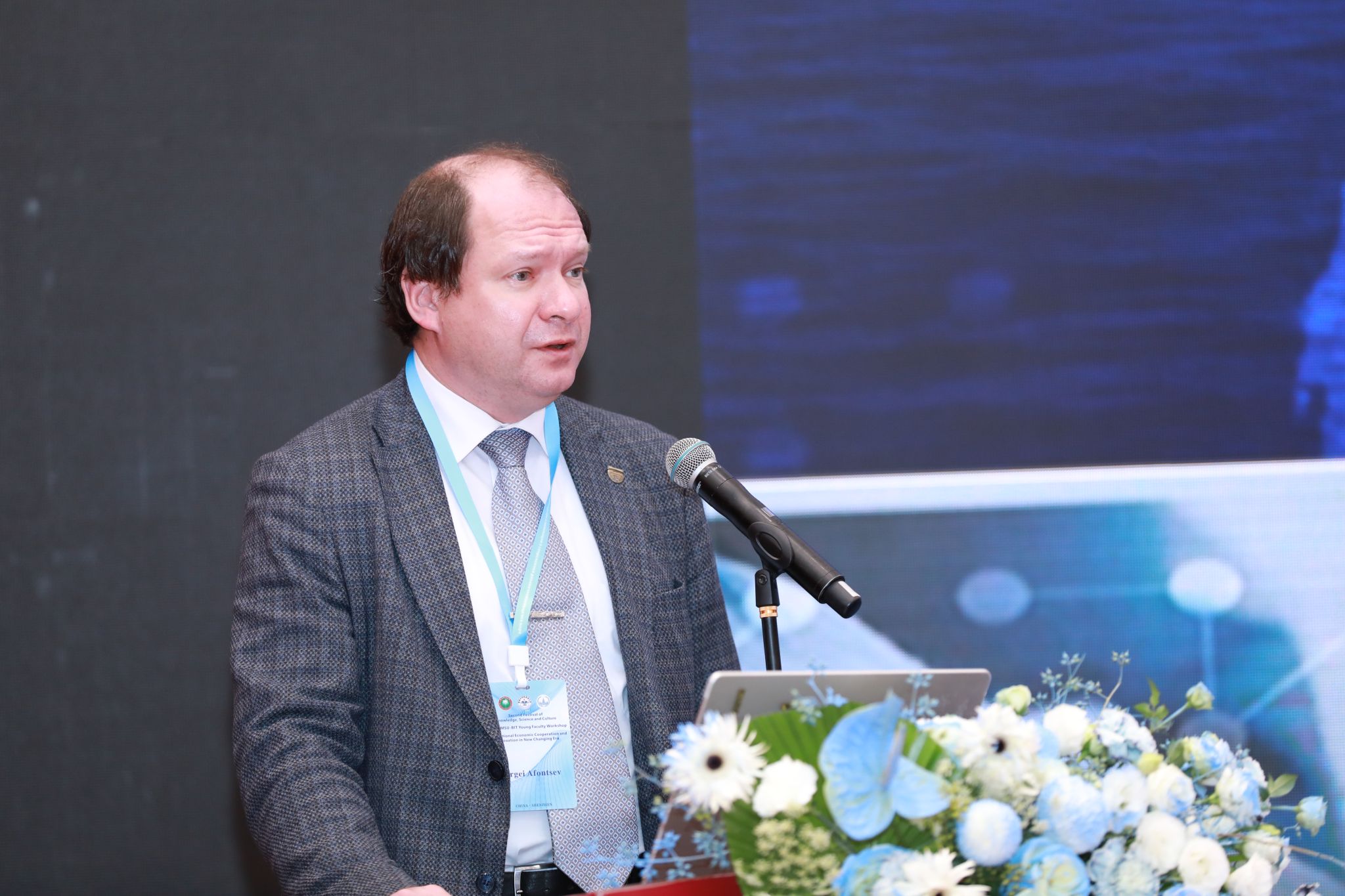
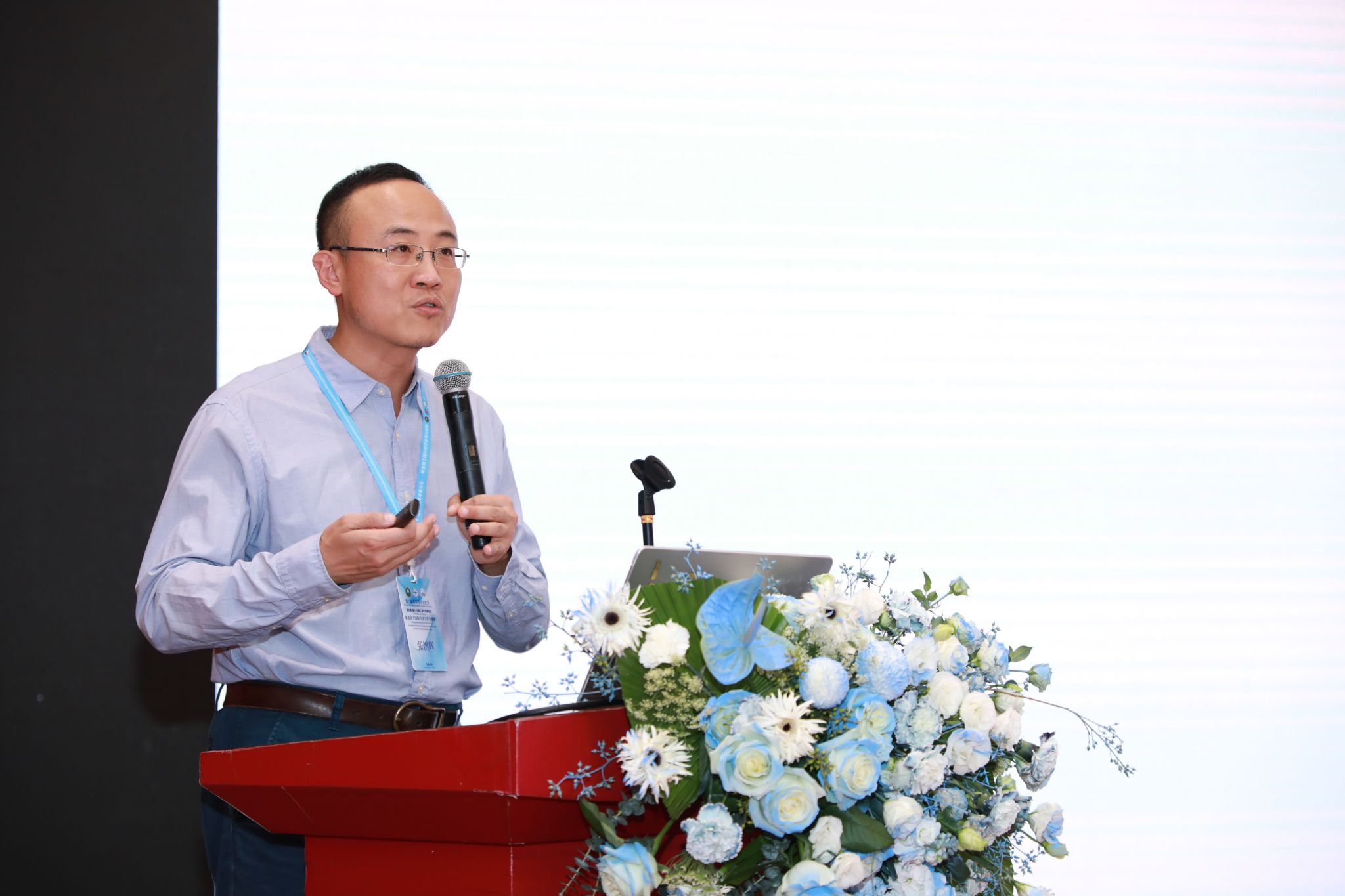
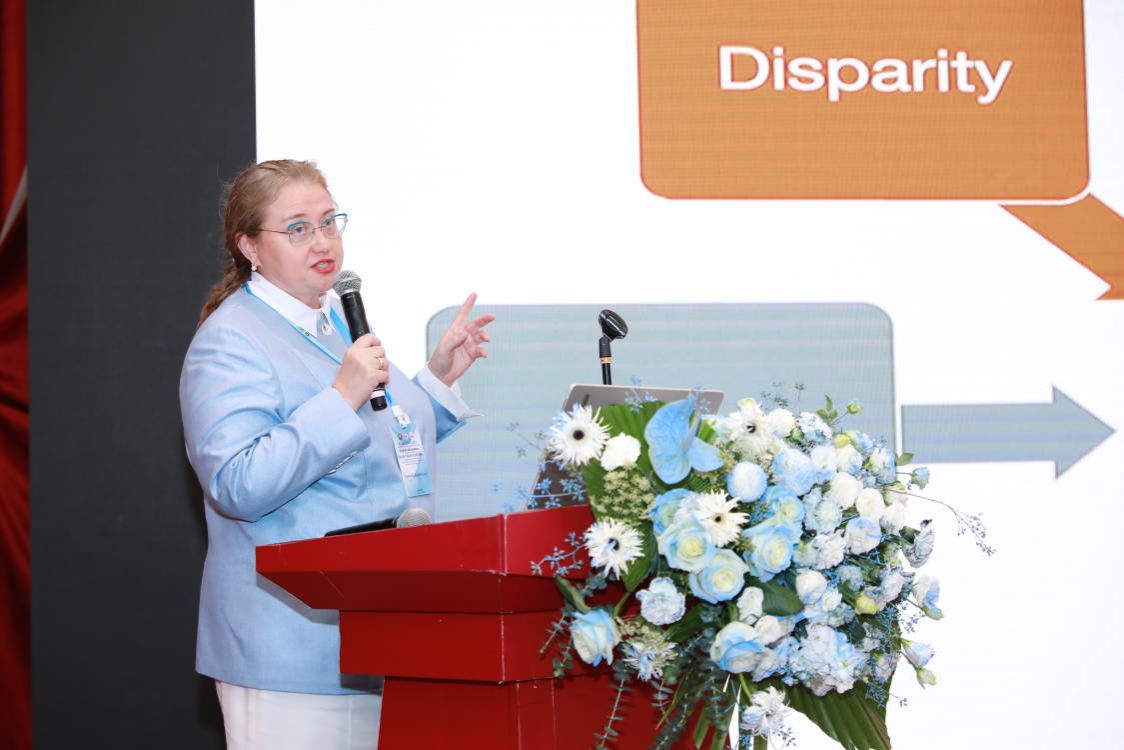
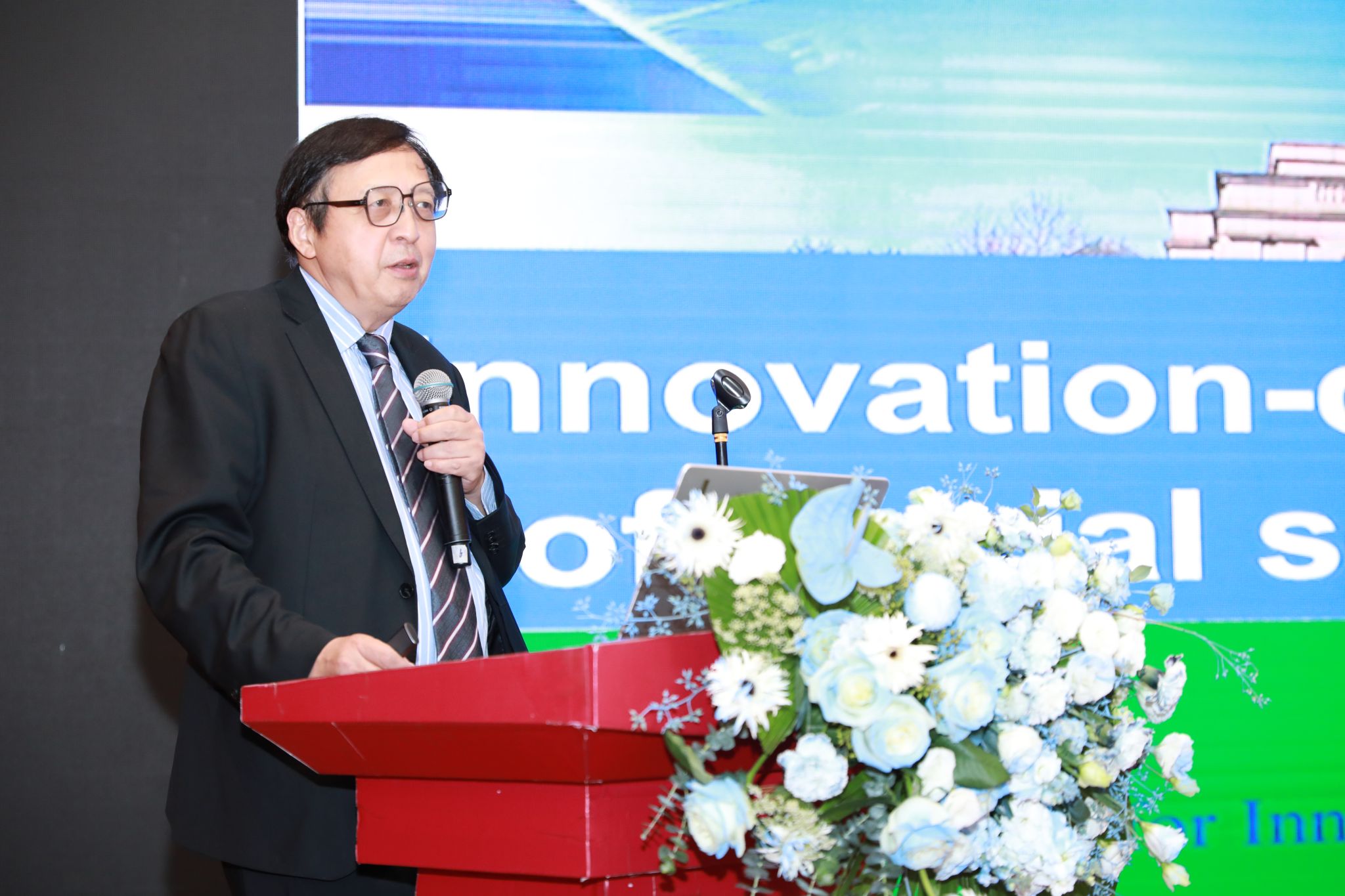
Young scholars and doctoral students from the Hong Kong Polytechnic University, University of Nottingham Ningbo China, Moscow State University’s Economics Department, and the School of Management and Economics of Beijing Institute of Technology presented their research findings in areas such as international political relations and knowledge cooperation, financial methods and theories, international investment and cooperation, digital technology development and innovation, climate and economic development, consumer behavior and product design, and innovation and entrepreneurship management, followed by in-depth discussions.
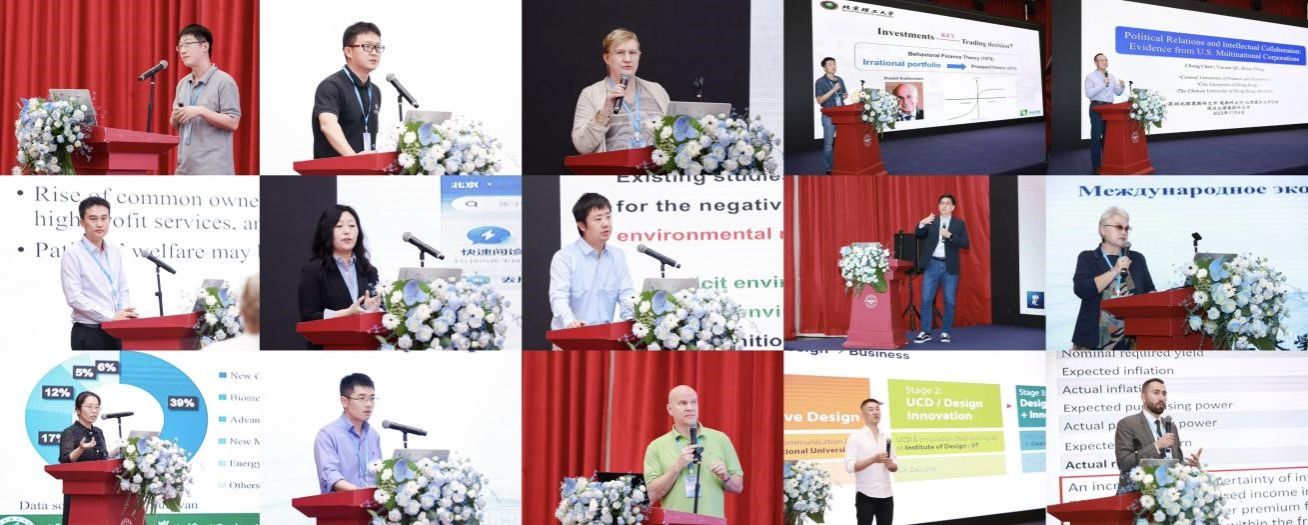
Young scholars from the Economics Department of Shenzhen MSU-BIT University, including Professor Xie Zhiwei, Associate Professor Bai Wensong, and Associate Professor Huang Weige, presented their latest research achievements in areas such as corporate innovation, international financial development, digital economy theories, and climate change and digital economy technologies, engaging in deep exchanges with the attending guests.


The forum yielded fruitful results. Following the forum, faculty members from our Economics Department held discussions with experts and scholars from the Economics Department of Moscow State University and the School of Management and Economics of Beijing Institute of Technology, engaging in in-depth exchanges on discipline development and research topics, and agreed on future directions and areas of collaboration.




